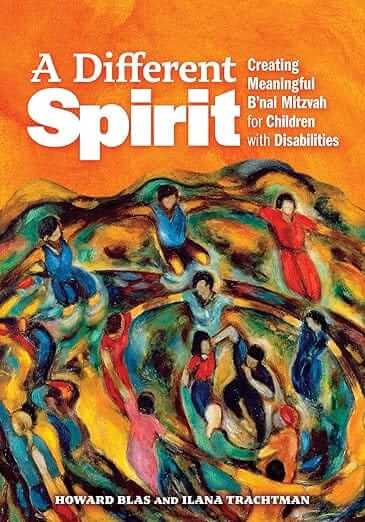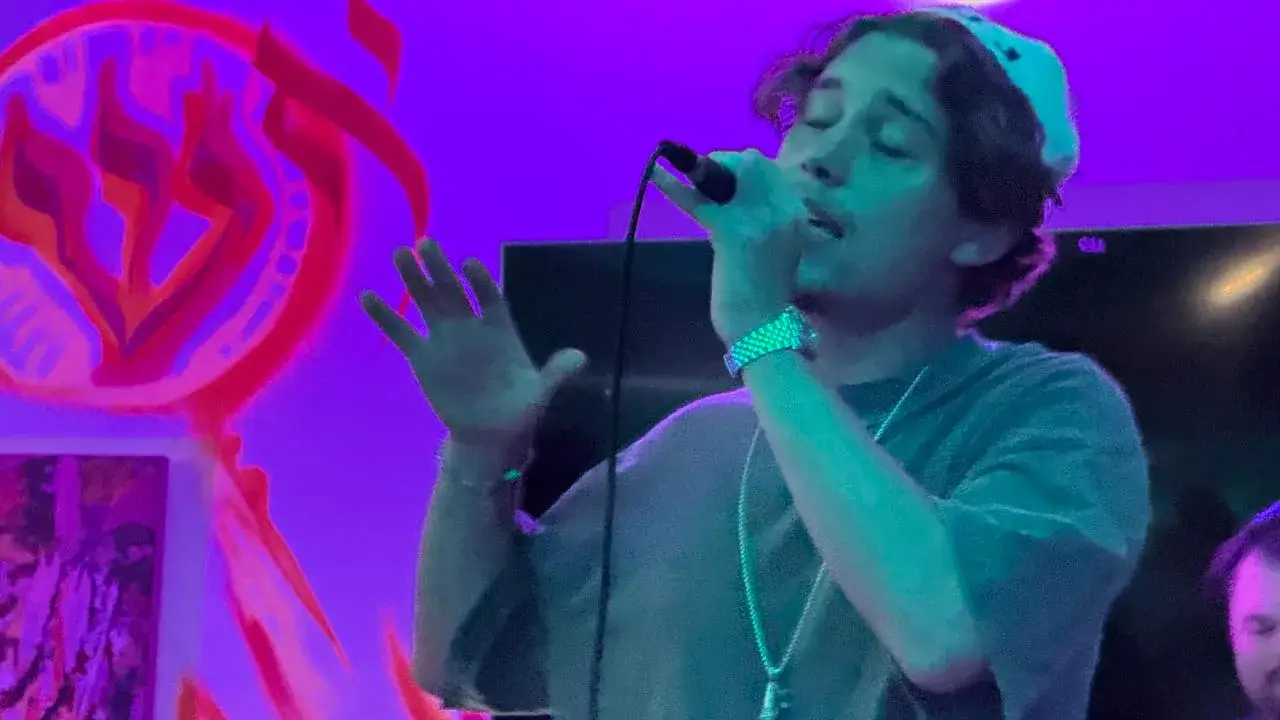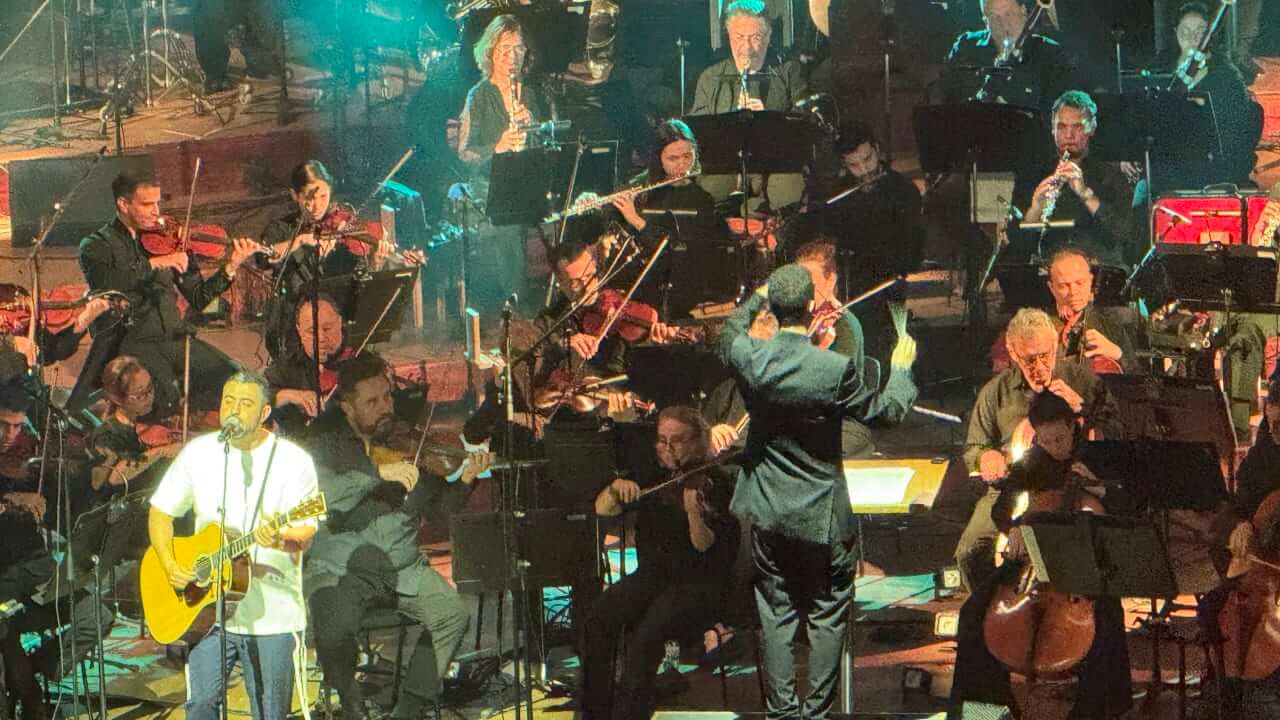View original article on Jerusalem Post
Smith invites readers to start their “Inner Garden,” which includes planting and cultivating “forty-seven assorted seeds that correspond to forty-seven weekly Torah portions. In an effort to show up to synagogue more knowledgeable about the weekly Torah portion – and be prepared to offer a few words of Torah on short notice if asked by my lunch hosts – I picked up Yiscah Smith’s thought-provoking, well-researched new book, Planting Seeds of the Divine: Torah Commentaries to Cultivate Your Spiritual Practice. This magnificent gem is extremely useful, with clear structure, range, and depth of insights.
Over my pre-shul morning coffee, I was impressed with Smith’s short summary of the parasha in the chapter “Korah: Healing an Inflated Sense of Self.” She has an extraordinary grasp of traditional and modern texts and commentators – in this chapter, they range from the Zohar to 20th-century Shalom Noach Berezovsky, author of Netivot Shalom.
The key to getting the most out of Smith’s book is a careful reading of the Introduction. The book grew out of “Shabbat sacred gatherings” she hosted each week in Jerusalem, featuring “a spiritual teaching on the weekly Torah portion, followed by a guided contemplative spiritual practice that leads into quietude, and from there, a chanting of sacred melodies, a sharing of insights, and a concluding kiddush lunch.”
Attendees searched for a book modeled after these weekly get-togethers. She did not know of one, but while visiting the family gravesites of the Piaseczner Rebbe, Kalonymus Kalman Shapira, in Warsaw, she received “a divine call” to write this volume. We are all the beneficiaries. In the introduction, Smith addresses weighty and important topics such as “What is God?” – a topic she no doubt contemplated at length in recent years.
The author grew up in a Conservative movement home on Long Island, eventually becoming ultra-Orthodox and a teacher of Torah in Jerusalem.
Smith’s unique personal journey is recounted in her 2014 memoir, Forty Years in the Wilderness: My Journey to Authentic Living.
She is now an educator at the Pardes Institute for Jewish Studies in Jerusalem and Applied Jewish Spirituality online.
Planting an inner garden
Smith invites readers to start their “Inner Garden,” which includes planting and cultivating “forty-seven assorted seeds that correspond to forty-seven weekly Torah portions. Each seed contributes to the garden’s beauty: the beauty of a higher God-consciousness.”
Each of the 47 chapters corresponds to one of the weekly portions of the Torah and follows a pattern: a verse containing the parasha’s midda, “Where We Are,” which contextualizes the portion as to where it fits into biblical narrative; “At First Glance,” traditional rabbinic commentaries; “A Deeper Dive,” which she describes as “spiritually infused teachings, primarily the hassidic and neo-hassidic masters, to address the texts’ deeper spiritual dimensions”; and “The Practice” – “emotional, experiential, and heart-centered spiritual practices involving visualization and breath work to help cultivate and nourish the spiritual teachings.”
The Practice for Parashat Korah, for example, was to “visualize a moment in your life where you behaved arrogantly, expressing your inner Korah.” Powerful, simple, and profound.
Even the middot, which we usually think of as “nice” qualities such as kindness and hospitality, are anything but shallow. In Lech Lecha she brings readers the midda of “taking our next step;” for Vayera, it is not simply “hospitality” but “cultivating the spiritual practice of hospitality.” For Hayei Sarah, spiritual protest.
Smith offers an uncanny reading of the latter story, based on the interpretation of a revered 20th-century Polish rabbi. The Piaseczner Rebbe asks provocatively, “If (the great, righteous) Sarah… was unable to bear such pain, how much less so can we?” The rabbi offers the radical suggestion that Sarah “died as a protest to God, in effect telling God, I choose not to live in your world anymore if I have to suffer the way I am suffering. Whatever years are in front of me, I am giving them up.”
For Vayishlah, the portion where Jacob is born clutching the heel of his twin brother, Esau, the midda offered is similarly unconventional – “transforming heel consciousness to face consciousness.” Jacob wrestles with a mysterious figure on the road to meet Esau, but he also “wrestles with his own identity… with who he is or isn’t.” Smith concludes that “the angel blesses him with a name change befitting the success of this existential encounter and marking a paradigm shift in Jacob’s consciousness. The wrestling episode springs Jacob from “heel consciousness” to “face consciousness.”
Smith makes reference to some personal life experiences that taught her the importance of second chances. She speaks of people feeling “debarred, diminished, or even less alive than others” in such settings as a Jewish school refusing admission to a child because both parents were of the same gender, or her own deaf daughter who “felt so painfully diminished by traditional communities that she left a Torah-based religious life.” She wonders, “What if, instead, people’s cries for inclusion were compassionately met by affirmations that ‘it’s never too late to be included! You absolutely have a second chance.”
After vezot habracha, the last parasha in the Torah, the book draws to an abrupt close. There is no conclusion – only 14 pages of footnotes and four pages of bibliography, which reminds us just how extensive and meticulous the author is as a researcher and scholar.
My only minor criticism of the book is a purely selfish one. I wish Smith would have written separate chapters for each of the two Torah portions frequently read as double portions in a given year. By treating Tazria-Metzora, Behar-Behukotai and the other five sometimes double parashot as one, the reader is slightly “cheated” – instead of 54 gems, we are treated to only 47 – a small price to pay for a week-by-week chance to learn from Smith’s wisdom!



